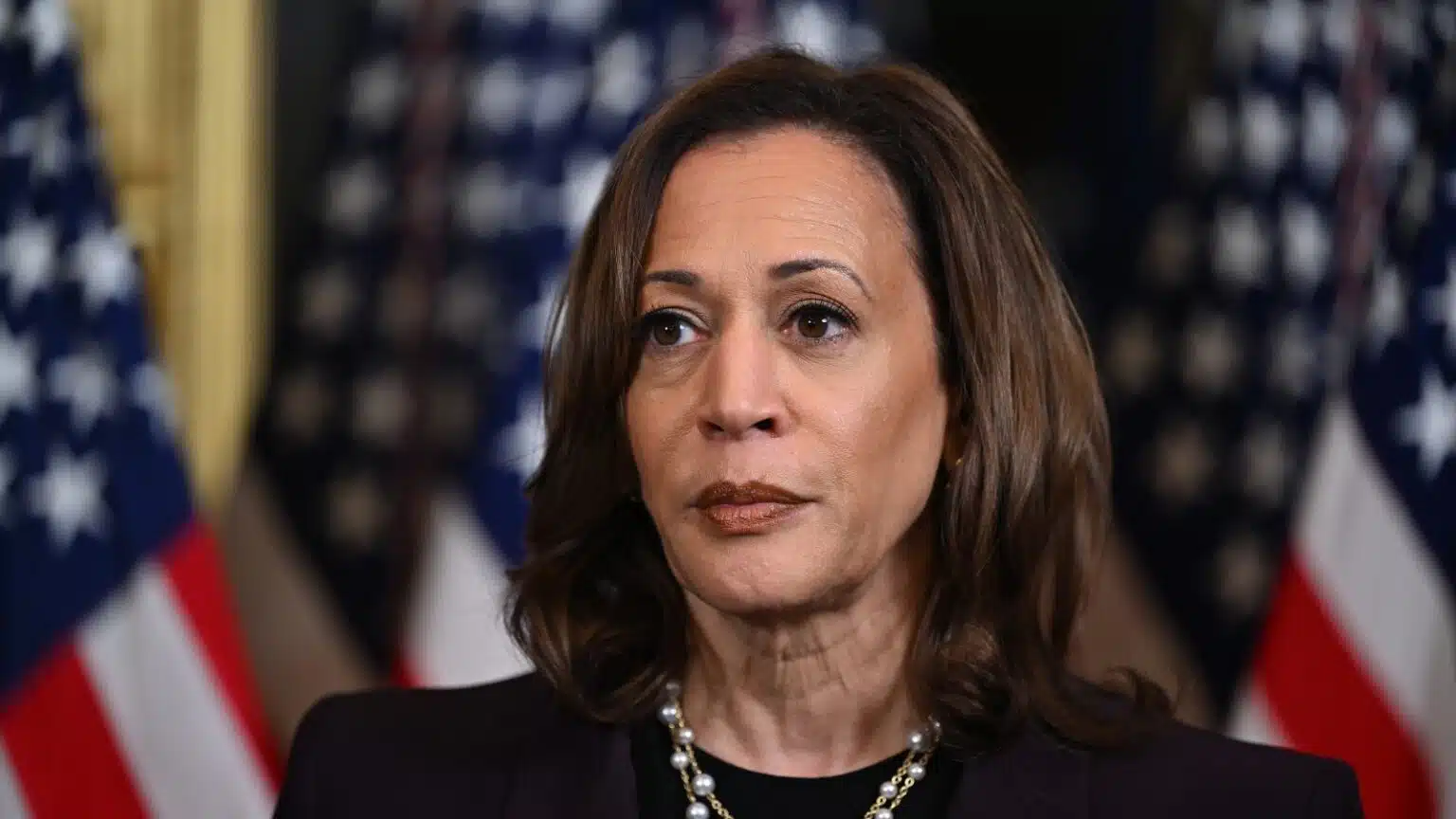In a surprising twist during a campaign event meant to support Vice President Kamala Harris, former President Bill Clinton made controversial remarks that have ignited debate about the state of the Democratic Party and its immigration policies. On Sunday, Clinton appeared to blame the death of Georgia nursing student Laken Riley on the immigration policies overseen by Harris, adding fuel to an already heated discussion just weeks before the crucial November election.
While speaking at the event, Clinton referenced the murder of Riley, a 22-year-old student from Augusta University, who was tragically killed while jogging near the University of Georgia in Athens. The accused killer, 26-year-old Venezuelan national José Antonio Ibarra, had entered the U.S. illegally and is now facing charges, including felony murder and aggravated assault with intent to rape.
Clinton’s remarks directly pointed to the immigration policies of the Harris administration. “You had a case in Georgia not very long ago, didn’t you? They [Trump] made an ad about a young woman who’d been killed by an immigrant. Yeah, well, if they’d all been properly vetted, that probably wouldn’t have happened,” Clinton said, seemingly placing responsibility on the current administration for its handling of the border.
The comments took many by surprise, especially given that Clinton was expected to campaign in support of Harris. Instead, his off-script remarks have left political observers questioning the unity within the Democratic Party at a critical juncture, just weeks before the election.
Immigration Policies Under Fire
Laken Riley’s murder, which occurred on February 22 while she was jogging near campus, brought immigration policy to the forefront of national debate. Ibarra, the accused, had reportedly been caught crossing the U.S. border illegally but was later released into the country. This fact has led to widespread criticism of the Biden-Harris administration’s handling of the U.S.-Mexico border, particularly in cases where individuals with criminal records are allowed to remain in the country.
The timing of Clinton’s comments is significant. With the trial of Ibarra set to begin on November 18, immigration policy has become a flashpoint issue in the lead-up to the election. Republicans, led by Donald Trump, have capitalized on the tragedy, using it to draw attention to the administration’s perceived failures in securing the border and enforcing immigration laws.
Earlier this year, the House of Representatives passed the “Laken Riley Act,” named in the student’s honor. The bill aims to mandate federal detention for migrants who commit crimes such as burglary or theft. While the legislation has been hailed by Republicans as a necessary measure to protect American citizens, it has faced opposition from Democrats who argue that broad detention measures risk violating civil rights and criminalizing entire communities.
Clinton’s Criticism of Trump Redirected
While Clinton did take time during his speech to criticize former President Donald Trump for derailing a bipartisan border security measure earlier this year, Trump’s team wasted no time in turning the critique back on Biden and Harris. They emphasized that Ibarra, the suspect in Riley’s murder, entered the U.S. in 2022—well before any new legislation had been proposed. The Trump campaign seized the opportunity to highlight what they see as a failure of the Harris administration’s immigration policies, posting videos of Clinton’s comments on social media to draw attention to the issue.
On Monday, the Trump War Room account shared a clip of Clinton’s remarks on X (formerly Twitter), fueling the conversation further. The post quickly gained traction, with Republicans framing Clinton’s comments as an admission of failure by the Harris administration. Many saw Clinton’s statements as undercutting Harris’ credibility on immigration, potentially weakening her support among key voter groups concerned about border security.
Democratic Disunity?
Clinton’s remarks have prompted questions about the level of unity within the Democratic Party as the election draws near. Traditionally, high-profile figures like Clinton are expected to stay on message, but his comments suggest a deeper divide over how to address immigration issues. This apparent disunity comes at a precarious moment for the Harris campaign, which has been working to secure key voter bases while managing a slew of challenges, from immigration to economic issues.
For Harris, the comments could not have come at a worse time. As she seeks to maintain the support of progressive voters while appealing to more moderate Democrats and independents, Clinton’s remarks may complicate her campaign’s messaging on immigration. Harris has long advocated for comprehensive immigration reform, including pathways to citizenship for undocumented immigrants, but critics argue that her policies have not been effective in curbing illegal immigration or ensuring that individuals who pose a threat are kept out of the country.
What’s Next?
As the trial of José Antonio Ibarra approaches, the debate over immigration policy is expected to intensify. The Harris campaign will likely need to address the controversy sparked by Clinton’s remarks head-on, particularly as Republicans continue to use the tragedy to highlight what they see as the administration’s failures in managing border security.
At the same time, the Democratic Party will need to present a unified front as it heads into the final stretch of the election. Clinton’s off-script comments have opened a new front in the political battle over immigration, and the outcome could have significant implications for Harris’ chances in November.
The death of Laken Riley has undoubtedly become a focal point in the immigration debate, and as both sides of the political spectrum continue to spar over policy, the tragedy of her loss remains a sobering reminder of the high stakes in this election season. Whether Clinton’s remarks were an unfortunate slip or a deliberate critique of the Harris administration, they have reignited the national conversation about immigration policy and its real-world consequences.
